Of all spells in 5E, none have as much impact in combats as Counterspell. Many casters must dedicate spell slots and spells known to learn this magic. However, it might not be easy to tell why from a glance.
If you’re wondering why so many people adore Counterspell, you’ve come to the right place. Let’s go over how this spell works in practice.
How Counterspell works in 5E

Counterspell is designed to prevent a spellcaster from casting a spell right when they cast it. A successful counter means the caster wastes the actions and the spell slot to cast the magic, turning the fight in your favor. However, it also means this magic is only effective against enemy spellcasters, making it less than effective against martially-minded foes.
Counterspell is an abjuration spell that takes a reaction to cast. It targets a creature within 60 feet and only requires a somatic component, meaning you can cast it while tied down or otherwise physically restrained, but not while silenced. Sorcerers, Warlocks, and Wizards can all cast this spell, as can Paladins who dedicate themselves to Redemption or Watchers. Bards can learn it from their Magical Secrets class feature.
The spell works like this: If the target is casting a spell and the spell is lower level than the spell slot used to cast Counterspell, the target’s spell fails. All effects of that magic are lost without any saving throws or ability checks. For example, if Rodrick the Wizard casts a third level Counterspell, he can counter Fredericka’s third level Fireball. Fredericka does not get a saving throw or ability check to prevent the Counterspell from going through and, without aid from allies or her own spell list, the Fireball disappears.
If the spell uses a higher level spell slot than Counterspell’s spell slot, the person casting Counterspell instead rolls an ability check using their spellcasting modifier. The DC for this is 10 plus the target’s spell’s level. So, if Rodrick uses a third level Counterspell on Fredericka’s level six Chain Lightning, he must make an ability check to negate the spell. That ability check uses a d20 plus his Intelligence modifier unless he has ways to improve it—like the Abjuration Wizard School. The DC he has to make is 16.
Fredericka is not helpless, however. It is possible to Counterspell a Counterspell. So, in the first example, Fredericka casts Fireball, Rodrick Counterspells, and then Fredericka Counterspells his Counterspell. Since all of the spells are level three, you resolve the countering spells backward; Rodrick’s counter is negated and Fredericka’s Fireball is left untouched. This counter chain can theoretically last until everyone’s reactions have been spent for the turn since reaction spells do not count toward the number of spells you cast in a turn.
There are limits to this incredible magic, unsurprisingly. You cannot counter a spell that has already been cast. So, if Wombo the Druid uses his action on his turn to sustain Call Lightning, Rodrick can’t counter that. It also only has a range of 60 feet, which many spells can outrange. If Fredericka is 100 feet away casting Fireball, Rodrick can’t counter it—that is, without the Distant Spell Metamagic.
It also only targets creatures. If a Pillar casts Fireball, you can’t stop that. You also can’t Counter a Potion of Speed, since the potion is applying the effect and the person isn’t casting a spell. However, magic from magic items tends to be channeled through a creature first, so those can often be countered.
Do I have to identify a spell before I can counter it? Explained
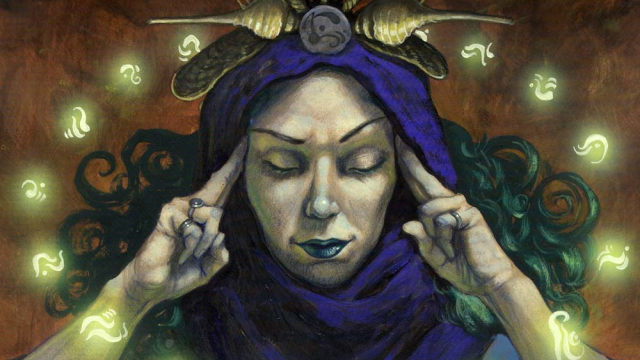
No, you do not have to identify a spell before you counter it. All you need to do is recognize that someone is casting a spell and you can target them with Counterspell. Usually, that means you must see somatic or verbal components.
According to Xanathar’s Guide to Everything, it takes a reaction to identify magic in the first place, making it impossible to identify and counter the same spell without accessing two reactions in a round. So, you’re actually intended to counter somewhat blindly.
However, depending on your DM, you might learn the spell being cast anyway. For instance, if a Warlock notices a Hold Person spell being cast and they have it on their list, the DM might let them know it’s a Hold Person.
Even without knowing the spell, though, Counterspell is often worth the risk. Weaker spells getting countered still waste actions for enemies without wasting many actions for yourself. And, if you catch a really dangerous spell, you both waste their turn and prevent your party from taking a lot of damage or becoming inflicted with dangerous conditions.
Dispel Magic vs. Counterspell Which is better?
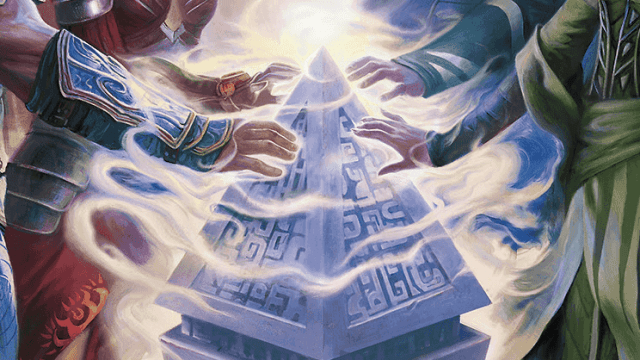
In general, Counterspell is better, since it prevents the spell from being cast, wastes the action of the target, and leaves your action wide open. However, Dispel Magic has its place, since it can counter the effects of magic that have already been cast and also dispel effects on objects or effects in the air.
Dispel Magic is another Abjuration spell that functions much like Counterspell. However, it takes an action, targets a creature, object, or magical effect, and ends all relevant spell effects on the target.
While Counterspell is a must-have on any caster who can find it, Dispel Magic is a fantastic choice for any class that can re-allocate spells known on the fly. This is great since Dispel Magic is on many, many spell lists: Artificers, Bards, Clerics, Druids, Paladins, Sorcerers, Warlocks, and Wizards all learn it.
Dispel Magic is also useful for problem-solving. If there’s a shocking pillar that prevents the party from moving, a Dispel Magic can be a quick and simple way to turn it off. It also has 120 feet of range, making it a very safe way to remove magic.
The only reason why Counterspell is so strong compared to Dispel Magic is because it takes a reaction and prevents the spell entirely. Being able to counter magic before it comes out is so good; No worrying about bad saves or a critical spell attack roll potentially killing off the party, no having to deal with magic like Anti-Magic Barrier or Globe of Invulnerability that makes spellcasting torturous, and no area-of-effects that could kill off escort targets. You ruin their turn while keeping yours.
Meanwhile, Dispel Magic does do good work in combat. You can dispel a creature to remove a ton of different spell effects, like Melf’s Acid Arrow and Hold Person, which can save them from being focused down. You can also dispel enemies to remove powerful buffs like Haste.
Spending an action to do this means you aren’t dealing damage, though. Most classes that have access to Dispel Magic can be doing a lot of damage or crowd control on their turn. It’s usually recommended to only use Dispel Magic if it removes two or more magical effects or in emergencies, like if a curse will permanently kill your Fighter.
Ways to improve Counterspell

Counterspelling a high-level spell is an ability check, not applying any bonuses from proficiency naturally. However, since it is a check, there are a bunch of ways to improve your chance to counter high-level spells.
Casting Counterspell at a higher level is the safest and most consistent way to improve your countering odds. As long as your Counterspell is at a spell level equal to or greater than your target’s spell, the spell is negated without any issues.
However, sometimes you have to use a level three Counterspell against Wish. In that case, what can help your odds? Here are some things that can be useful.
- Abjuration Wizards get to add their proficiency bonus to ability checks made during a spell’s casting. That bumps your Counterspell from around plus five to +11.
- Any magical effect or class feature that applies to mental ability checks applies here. Anything from Bardic Inspiration to Guidance can add dice to the check, and spells like Enhance Ability can give you advantage on it.
- Racial features, like the Hobgoblin’s Fortune of the Many, also can apply if they work with mental ability checks.
- The Glibness spell is high-level magic for Bards and Warlocks that lets you take a 15 on a Charisma check instead of rolling it. If your Charisma is at 20, that means your Counterspell result is a 20, which is enough to negate every spell in the game.
- Effects that add bonuses to non-proficient checks can work. Jack of All Trades, from the Bard class, is an excellent example.
- A Luckstone grants a plus one to ability checks.
- A teammate can theoretically use the Help action to give advantage on the mental check, as long as the help is reasonable. They have to have one heck of a read to be ready for advantage on a Counterspell, though.


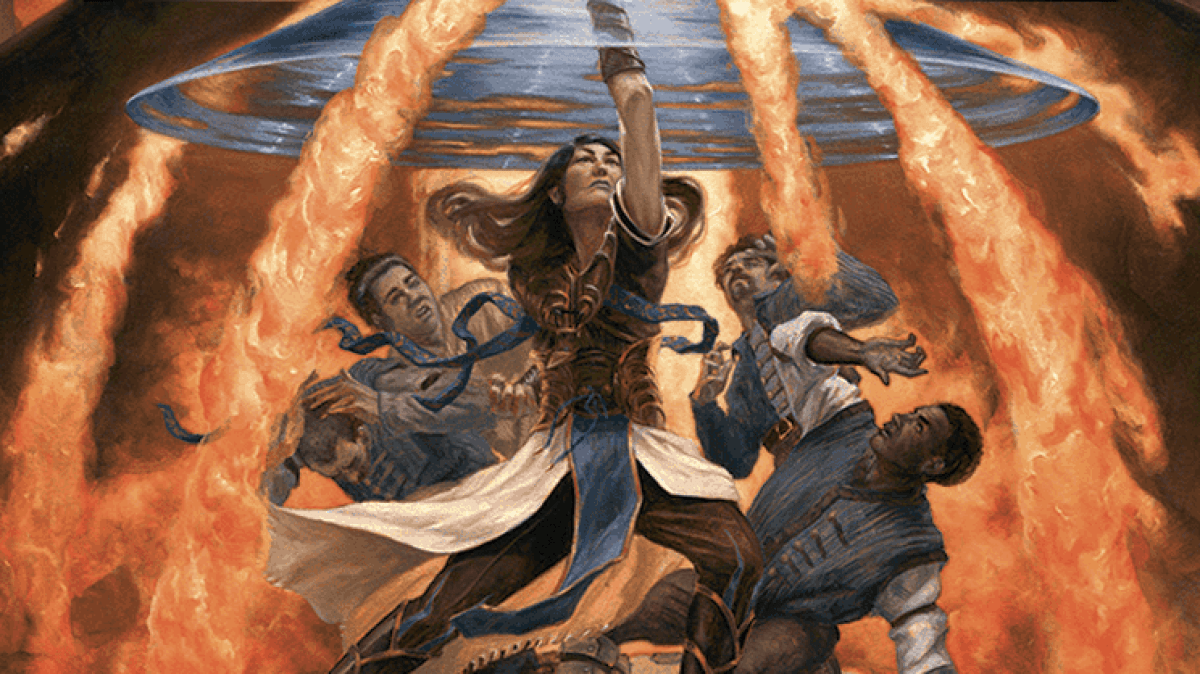
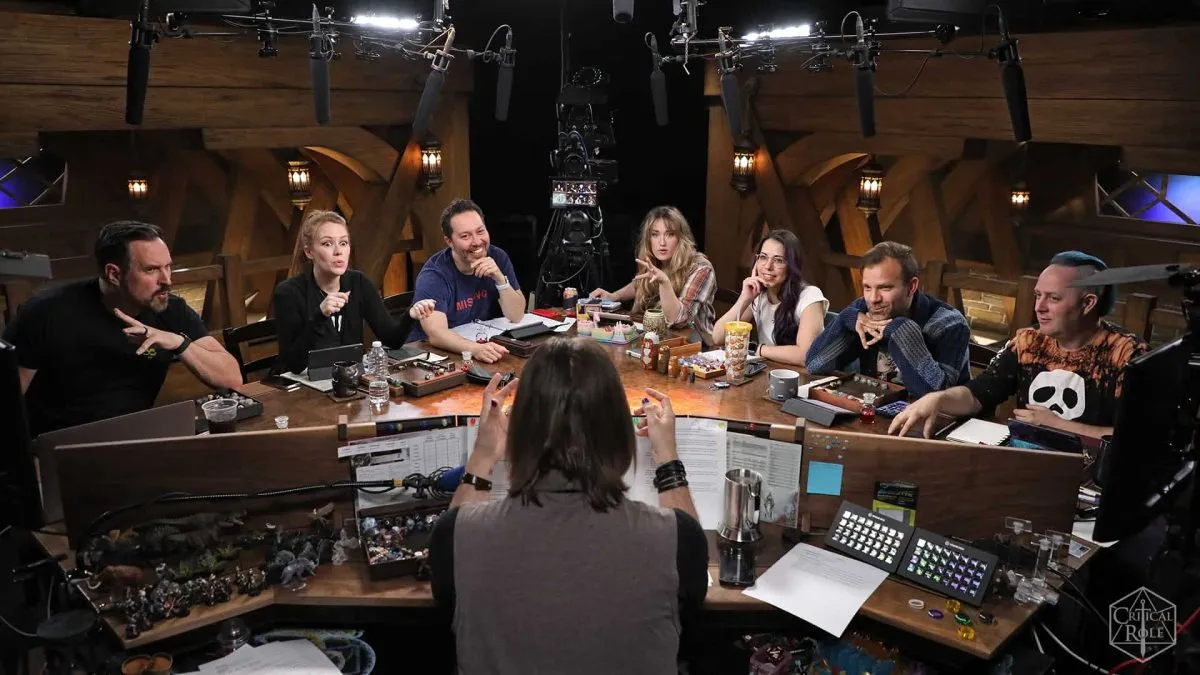
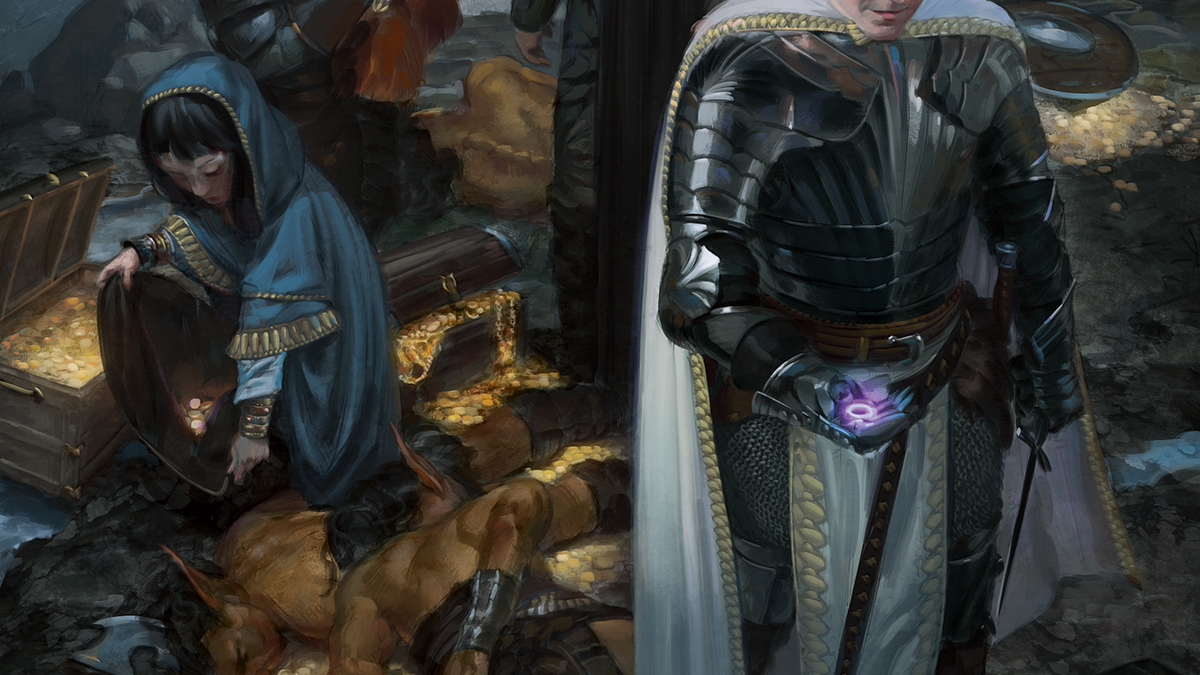

Published: Nov 8, 2023 05:44 am